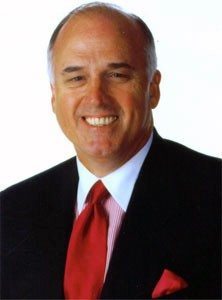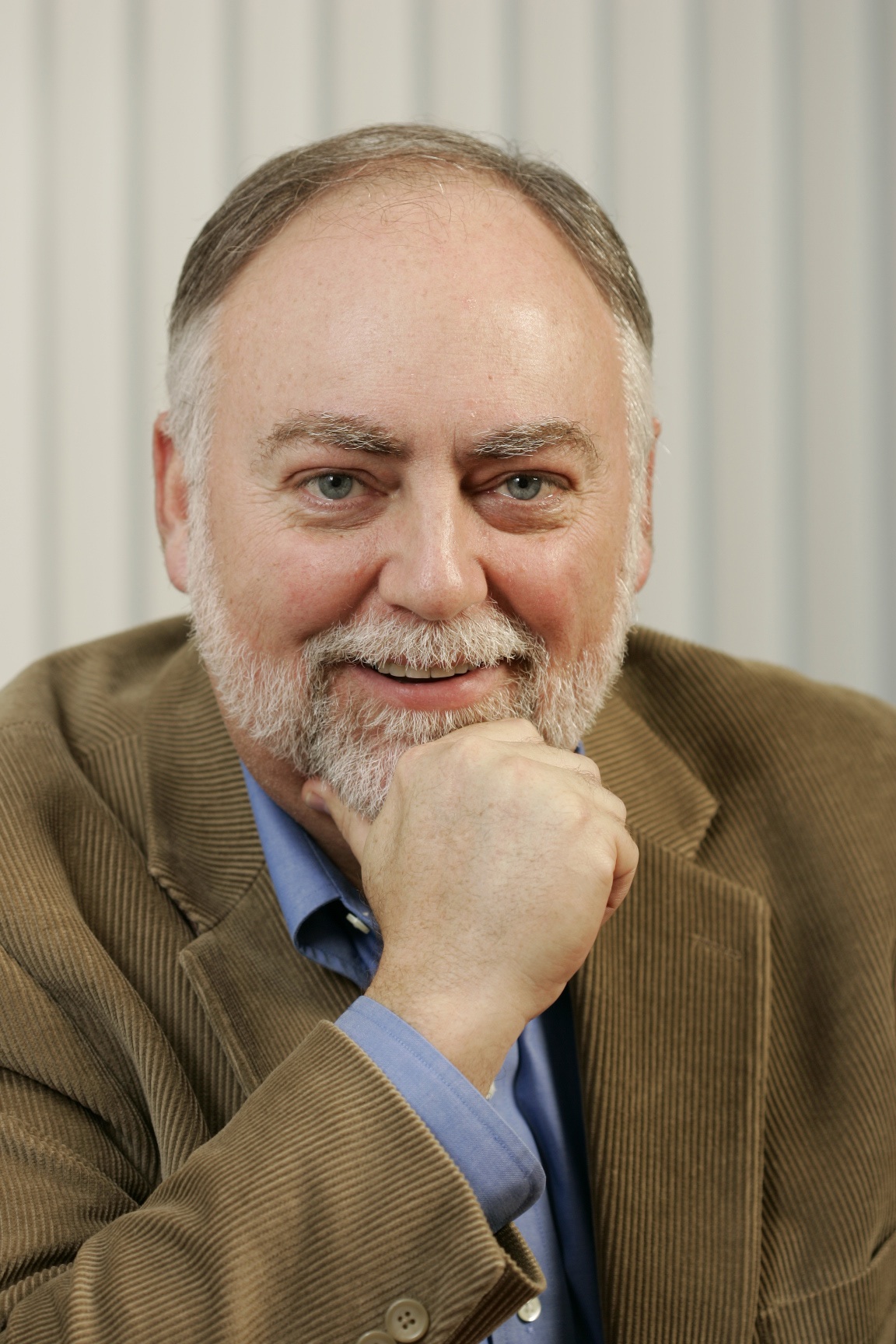Tell me about the Arkansas Sheriffs' Ranch.
The program was started in the early 70's by a group of sheriffs, which is why we're the Arkansas Sheriffs' Ranch.
We actually don't have any other connection to law enforcement, beyond the fact that they are very supportive of us.
Often in towns, you'll see kids sitting around, and people will say, "Why aren't they at home?"
The answer is that their homes aren't safe places for them to be.
We are basically very long-term safe places for kids to grow up.
How long is the typical stay at one of your ranches?
The typical stay is about 4.5 years.Give me the profile of the kind of kid who comes to stay with you.
The idea is that a child has to get there before they're 18, but after that they can stay as long as they need to.
Typically the average age of admission is 13-16. Oftentimes, they have been in several homes before they get there.What does your program look like?
Typically a child will be referred by a grandparent..
Often the mom is wanted by the police. She'll leave the kids and say something like, "Mom, , I'll come back and get the kids once I've gotten my life together." And she never comes back.
Our second most likeley referral source is juvenile judges.
First of all, I consider myself a professional lover. Many of these kids have never been loved by anyone.
We try to offer stability. We're a long-term placement.
Once a child is at the ranch, they are required to be involved in a church.
We want all of our kids to go to public school if possible. Educations are key for these kids. If they can get an education, they can get out of this cycle of abuse.
Each of the kids have chores they have to do. Each of our locations is actually a working farm.
Every child in our program is required to be in counseling.
We're filling in a lot of the gaps for what the kids didn't get before they came here.
We're basically treating a lot of wounded kids. These are the walking wounded.
I love every kid who comes through our doors. I don't like them a lot of times, but I love them all.














